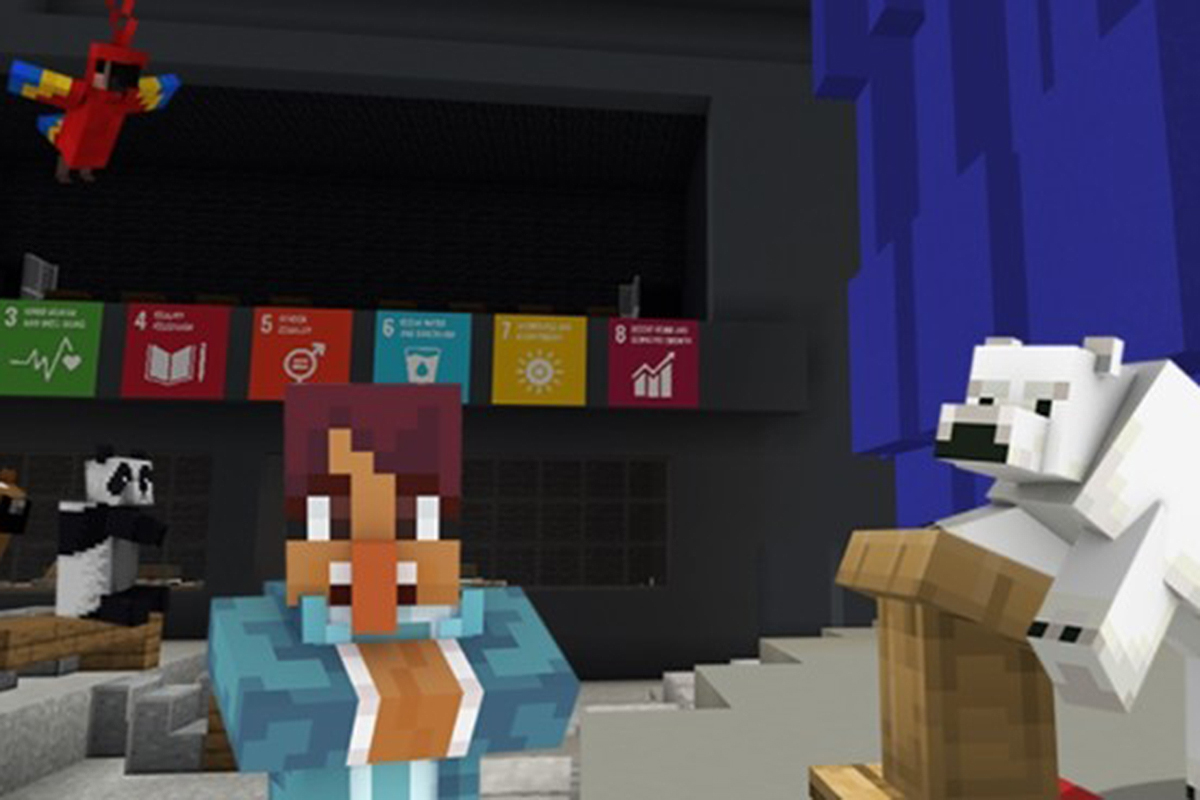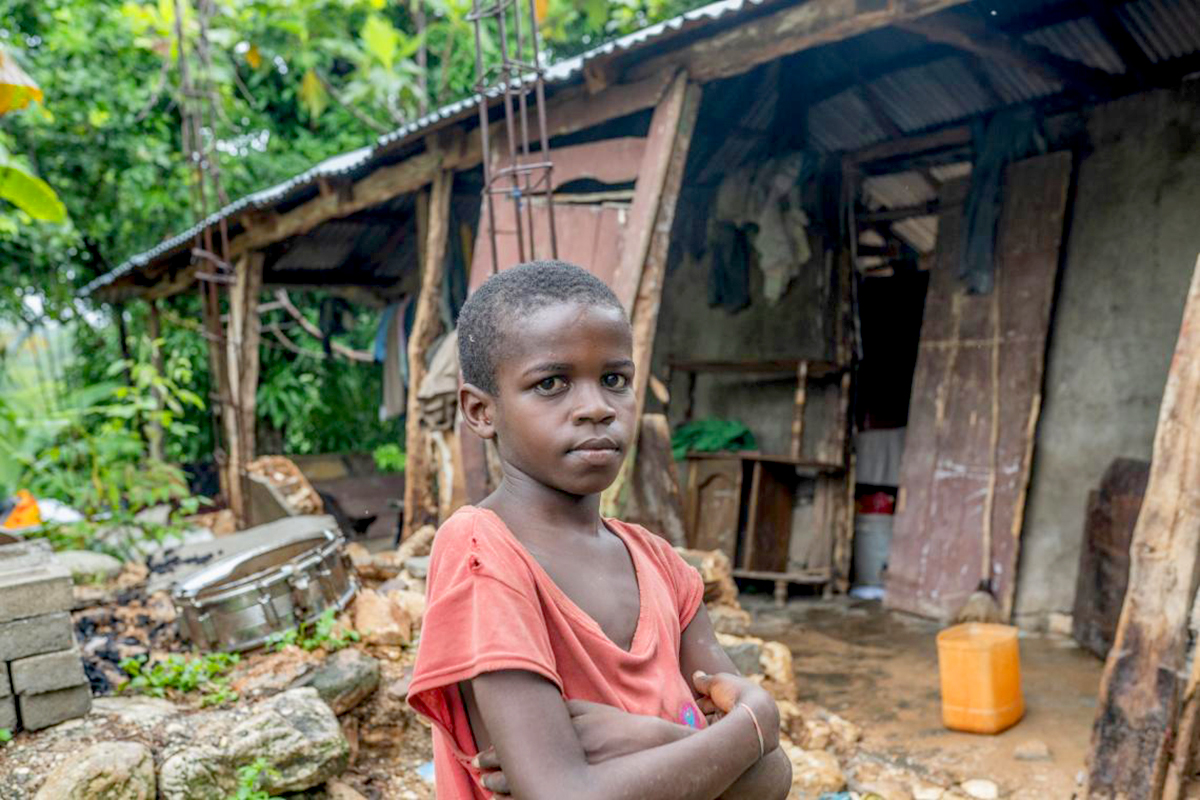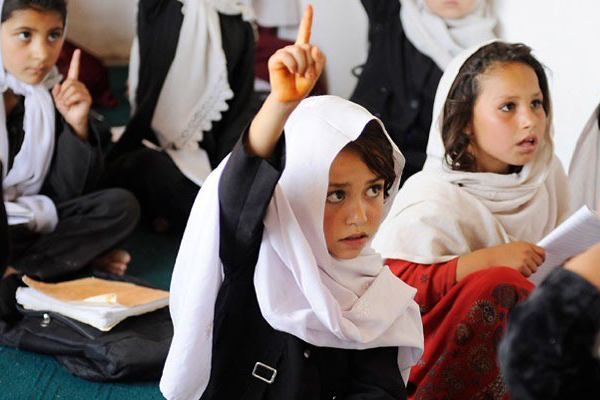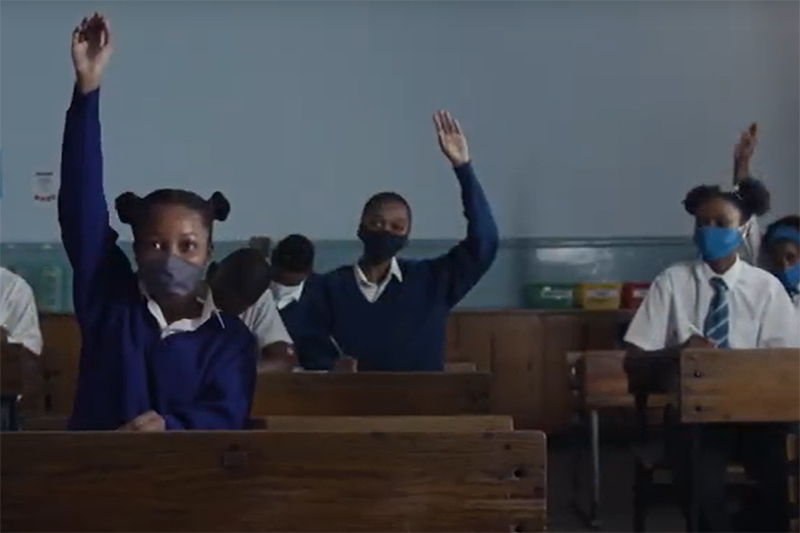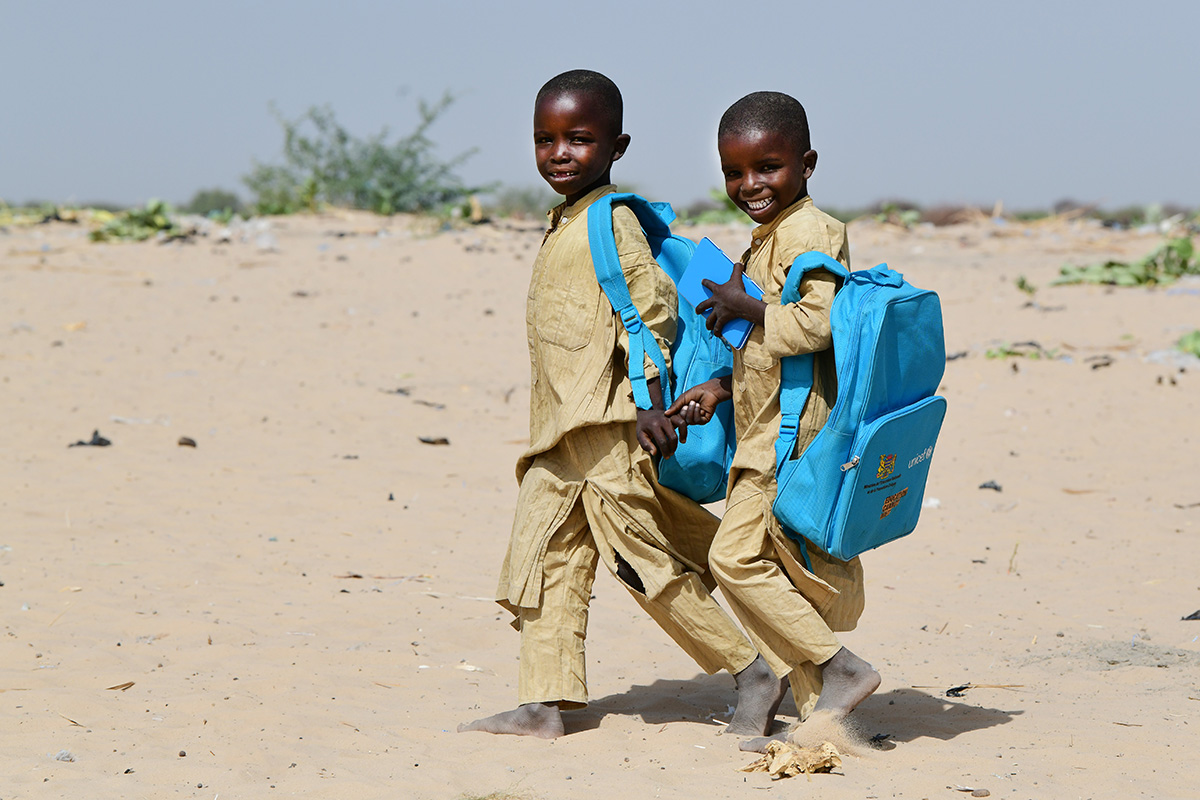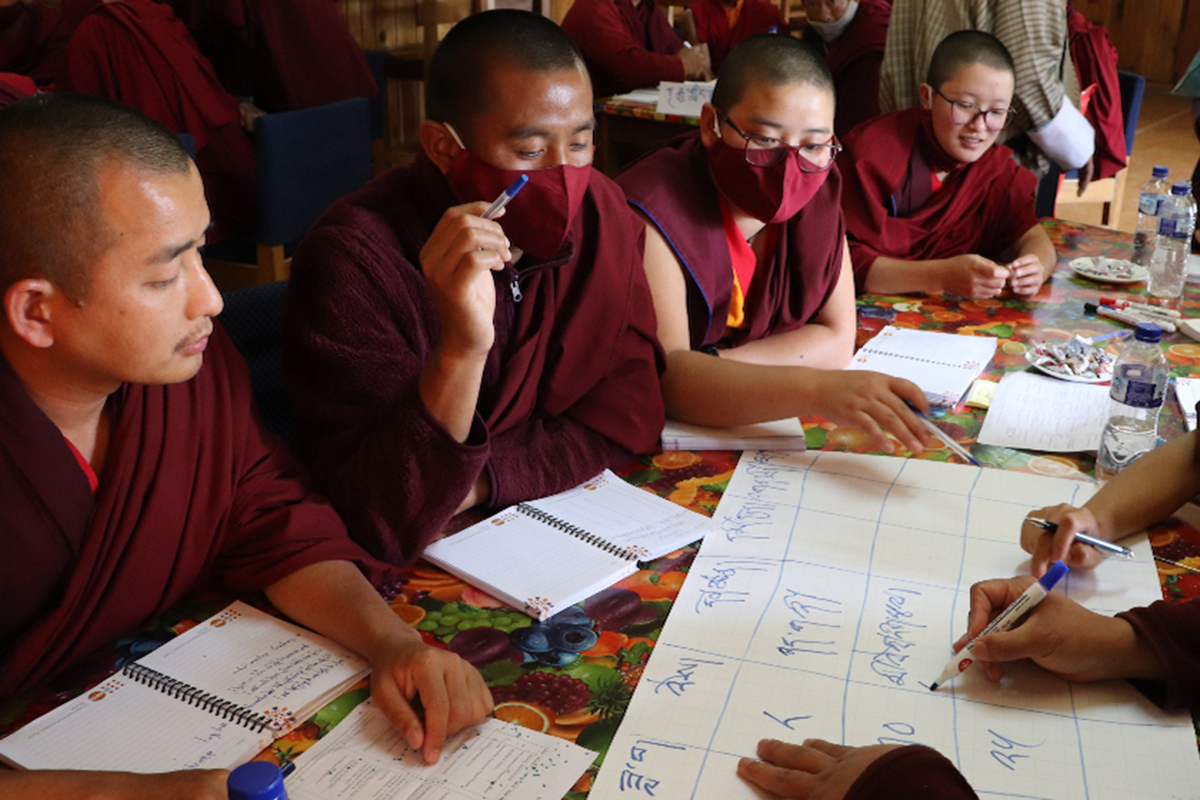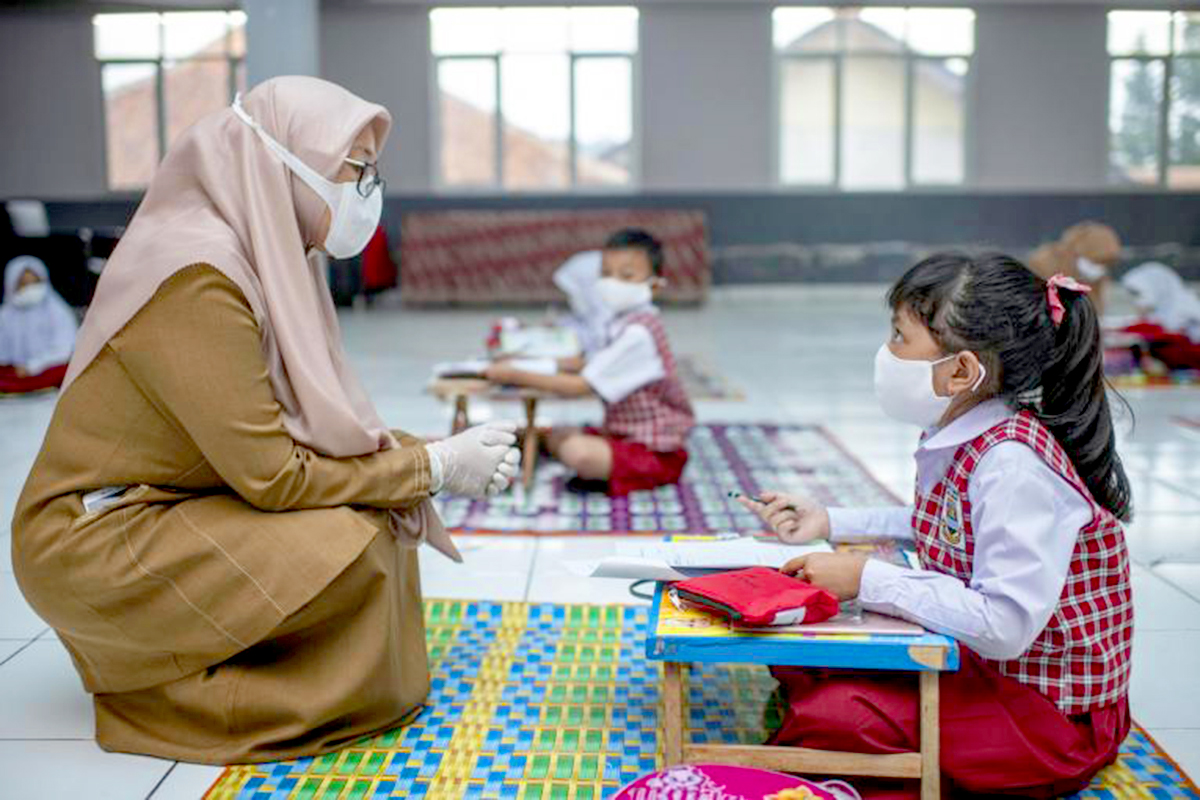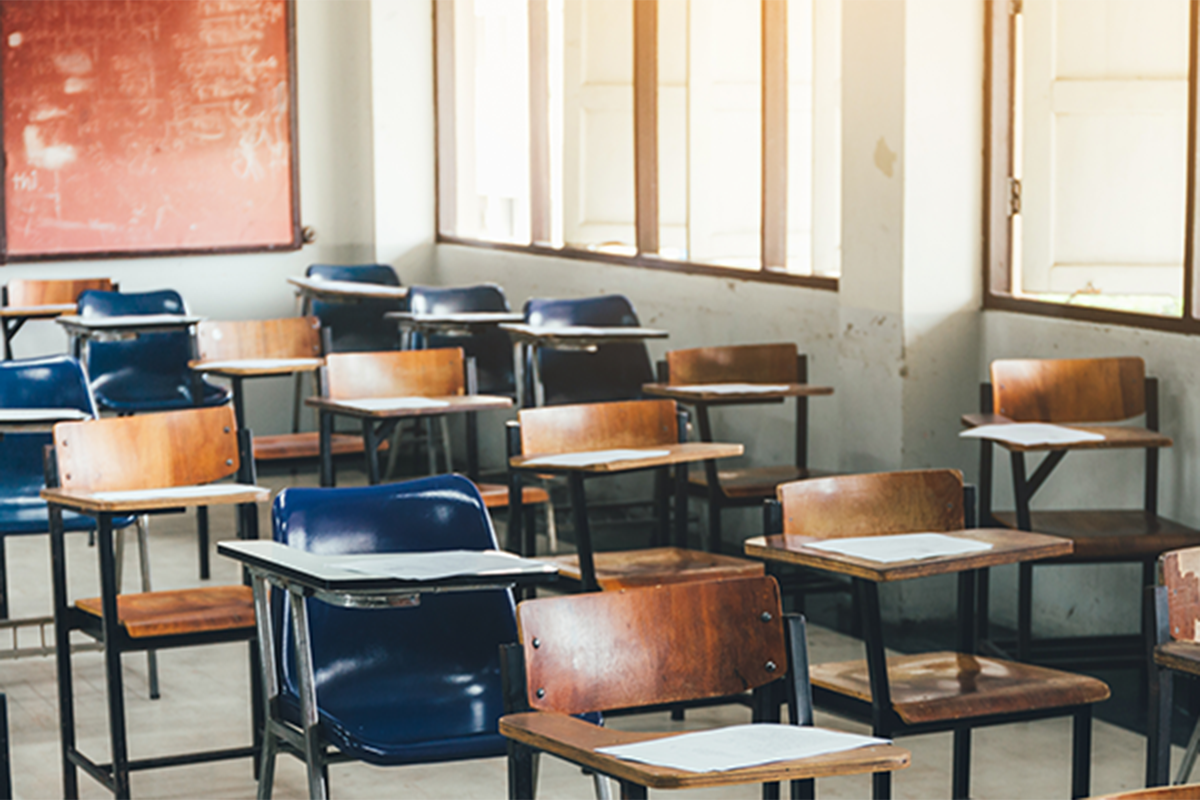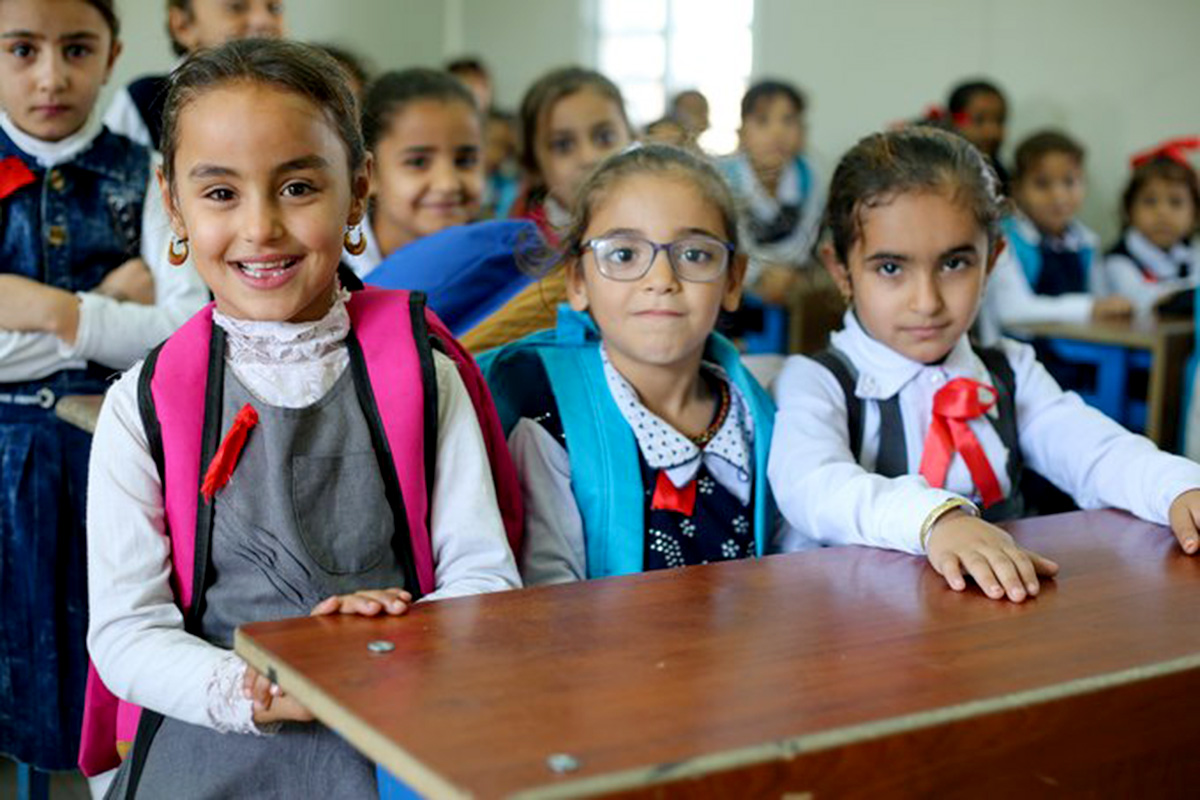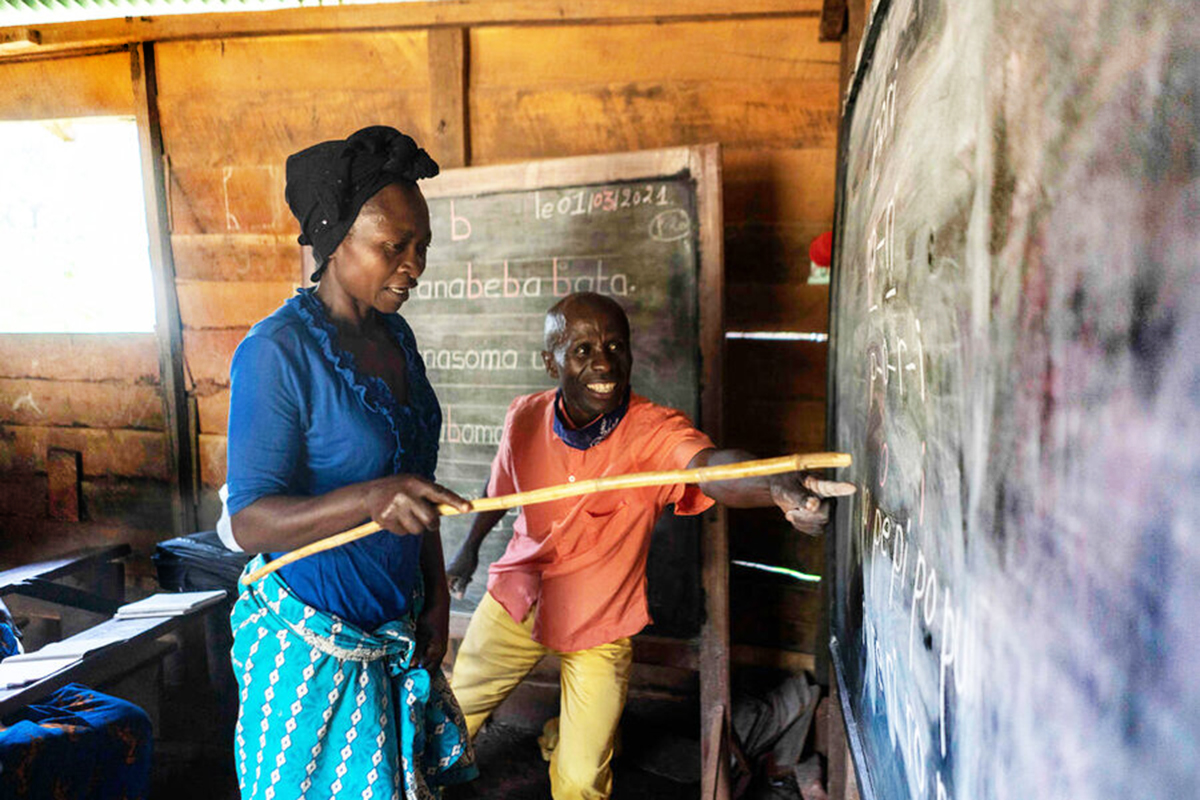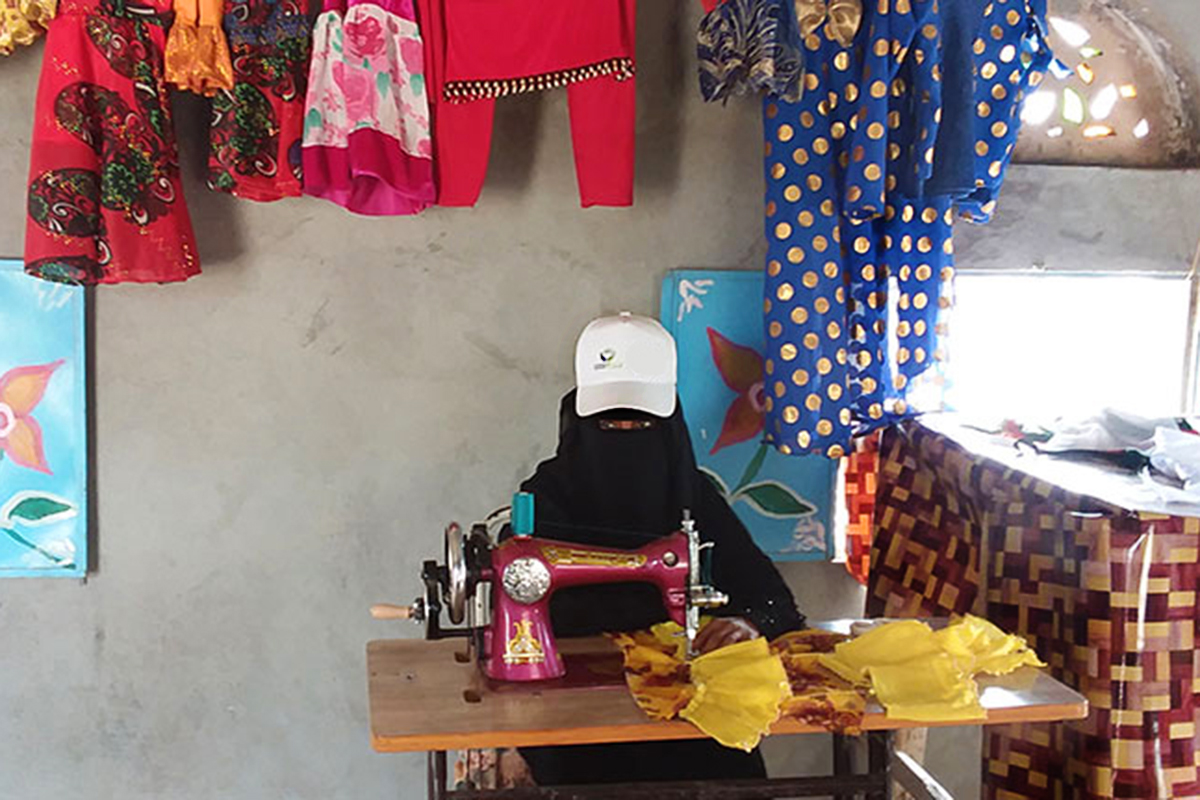UNESCO is joining Minecraft on the ‘Global Build Challenge 2021: Making Peace with Nature’, as part of its programme to engage students worldwide to address the urgent environmental crisis.
Éducation
Since 2001 Afghanistan has made advances, according to a UNESCO report. The report found that the total number of enrolled students increased from around 1 million to 10 million learners. The number of girls in primary school increased from almost zero in 2001 to 2.5 million in 2018. In 2021, 4 out of 10 students in primary education are girls. Yet these critical gains for the country’s development are at risk and the right to education for all learners, especially girls, must be upheld in the face of a looming humanitarian crisis.
Over 11 million girls may not go back to school after the COVID-19 crisis. Join UNESCO and members of the Global Education Coalition in the #LearningNeverStops campaign.
A child’s right to education cannot be safeguarded in conflict zones without education itself being protected. Education can be a lifesaver. Out of school, children are easy targets of abuse, exploitation and recruitment by armed forces and groups. In 2020, there was an increase of 17 per cent on attacks on schools compared to 2019. The International Day to Protect Education from Attack (9 September) brings attention to the importance of safeguarding schools as places of protection and safety for students and educators and the need to keep education at the top of the public agenda.
The COVID-19 crisis has disrupted the learning of children, young people, and adults at an unprecedented scale. This International Literacy Day (8 September) explores how literacy can contribute to building a solid foundation for a human-centred recovery, with a special focus on the interplay of literacy and digital skills. It will also explore what makes technology-enabled literacy learning inclusive and meaningful to leave no one behind. By doing so, the Day is an opportunity to reimagine future literacy teaching and learning, within and beyond the context of the pandemic.
Chad’s education sector faces many challenges. UNESCO figures show that only 31% of men are literate, while only 14% of women can read and write. UNESCO supports the government in prioritizing improving learners’ literacy skills, preparing populations for the job market, consolidating synergies between literacy and vocational training, and supporting self-employed women and youth.
By partnering with local religious leaders, UNFPA contributes to thousands of young people being taught how to improve interpersonal relationships and lead healthier lifestyles.
A child's first day of school—a landmark moment for the youngest students and their parents around the world—has been delayed due to COVID-19 for an estimated 140 million young minds, according to a new analysis by UNICEF. For an estimated eight million of these students, the wait for their first day of in-person learning has been over a year and counting, as they live in places where schools have been closed throughout the pandemic. For the most vulnerable, their risk of never stepping into a classroom in their lifetime is skyrocketing.
Amid the rapidly unfolding events in Afghanistan, UNESCO spares no efforts to continue supporting all Afghans to ensure their right to education. Education is a fundamental human right indispensable for the exercise of other human rights and for the development of Afghanistan. UNESCO calls on all to guarantee the right to education without any discrimination. Students, teachers and education personnel must have access to safe educational environments, including girls and women, who must continue learning and teaching without any restrictions.
To support the Government of Iraq in its goals to achieve universal and equitable education – especially for forcibly displaced children and youth impacted by years of war and conflict – Education Cannot Wait (ECW) announced a new programme that will reach a total of 192,100 girls and boys. The initial US$12.5 million seed-funding grant will reach 36,500 children and youth, 60 per cent of whom are girls. The programme seeks to mobilize US$35.5 million in additional resources. ECW is the United Nations global fund, administered by UNICEF, for education in emergencies and protracted crises.
Iman comes from a family of 11 in the village of Bani Quis in the north-western Yemeni governorate of Hajjah. Iman dropped out of school at an early age because she lacked the means to reach her school some six kilometres away from her village. Now 18 and only semi-literate, she wishes she had had the chance to learn at school. Having decided to pursue other learning options to obtain practical vocational skills, Iman joined an apprenticeship implemented by an ILO partnership. In addition to theoretical instruction, Iman gained sewing skills from the practical training.
Educators and the changing world of education and work
The future of work will depend on effective learning and quality education for all. Employers and workers will need to learn new skills to unlock the opportunities of new technology and to confront the challenges of globalization and climate change. Governments, employers, and workers in the education sector will meet at the ILO to discuss future challenges and opportunities.

